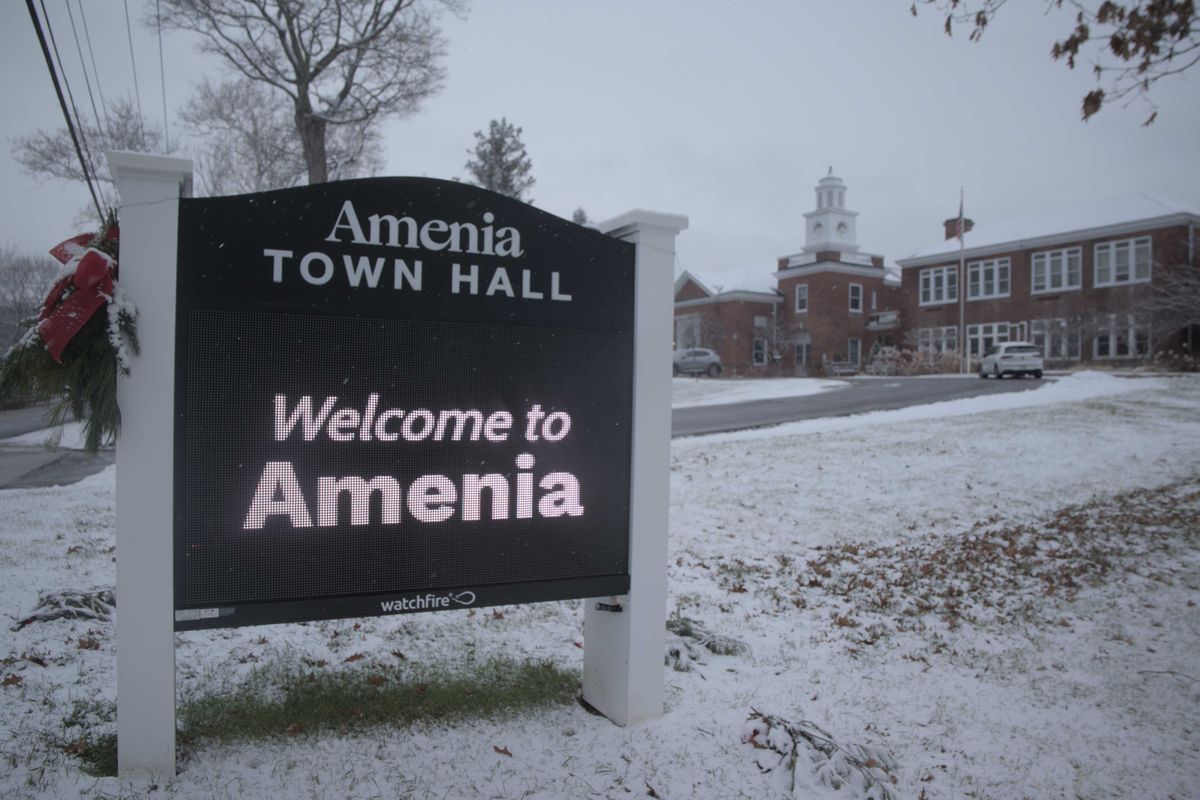“…and were it left to me to decide whether we should have a government without newspapers, or newspapers without a government, I should not hesitate a moment to prefer the latter”
— Thomas Jefferson (1787)
The internet has introduced a brave new world for consumers worldwide, but it has also created enormous challenges for local journalism. Whether or not your local newspaper survives in the years ahead, is up to you.
We are in the third decade of a continuing collapse in print media. Suffice it to say that without outside help, thousands of communities will end up with no access to local news. This is happening at a time when threats such as climate change, health emergencies, and political turmoil will make local news vitally important to all of us.
Two areas, advertising and subscriptions, have traditionally provided the lion’s share of sales and profits for newspapers. Both have suffered from the internet incursion by internet giants such as Google and Facebook. Social media now controls more than 75% of locally focused digital advertising revenue. The lion’s share of those revenues is lost forever to print newspapers.
Fundamentally, digital advertising offers a greater reach to consumers at substantially lower costs. How low? As far back as 2015, the cost to advertisers to reach 400,000 readers on Google Search was $16 versus the Los Angeles Times print costs of $40,000, according to a white paper on local journalism by the U.S. Senates Committee on Commerce, Science, and Transportation.
To make matters worse, dominant internet players aggregate local news content and data for their own sites, while forcing local newspapers to accept little-to-no compensation for their journalism output and intellectual property. If an individual newspaper squawks, they will soon find themselves cut off from what little revenue stream they can eke out from these giants.
In response, print journalism has scrambled to develop and enhance their own digital versions of the local newspaper with some success. But sadly, it will take years to fully grow that side of the business. In the meantime, how to survive is the burning question for print media.
Newspapers across the country have turned to the non-profit arena for help. The logic is unmistakable: newspapers contribute to the public good. Without them, American democracy may not survive, so receiving support from foundations, donors, and the community at large makes a lot of sense. However, tapping the non-profit market for funds is a stop gap measure at best.
It will require years to transition the traditional newspaper business model over to the digital arena. At the same time, the product side of the local news business will require even more investment. Advertising will likely become less of the revenue pie, which leaves new subscribers to carry the load.
Berkshire Eagle Publisher, Fred Rutberg, sees non-profit activity “as a potential way to get from point A to point B.”
As for The Berkshire Eagle, “the challenge will be leveraging our strong base of print subscriptions, while increasing our digital subscriptions, when a whole generation of potential readers are accustomed to getting their news for free through the internet.” Rutberg explained.
That may not prove to be as difficult as it sounds. I believe the impact of climate change on local conditions will create more demand for unbiased, in-depth local news. Fox News or CNN, for example, are not going to cover flooded bridge outings or down electric lines on your local commute, or if brown drinking and bathing water presents a hazard to your town’s health and welfare.
In summary, whether you are an individual reader, a business, or a non-profit entity, there are actionable avenues you can take right now to ensure the health of newspapers and your own well-being on the local level.
If you don’t subscribe to your local newspaper, do so this week. Consider the money and investment in your own streaming service that will provide you unbiased, accurate and valuable information in the uncertain times ahead.
Advertise, advertise, and then advertise some more, if you are a business that depends on the local community for everything from customers to schools, to healthcare, and more. Finally, those who are considering donations to address critical issues, or are a local or national non-profit entity, get involved, establish links with your local paper, and provide the relief they need. Time is of the essence.
Bill Schmick is registered as an investment advisor representative of Onota Partners, Inc., in the Berkshires. Bill’s forecasts and opinions are purely his own and do not necessarily represent the views of Onota Partners, Inc. (OPI). Email him at bill@schmicksretiredinvestor.com.














Communities are the key to the survival of local journalism